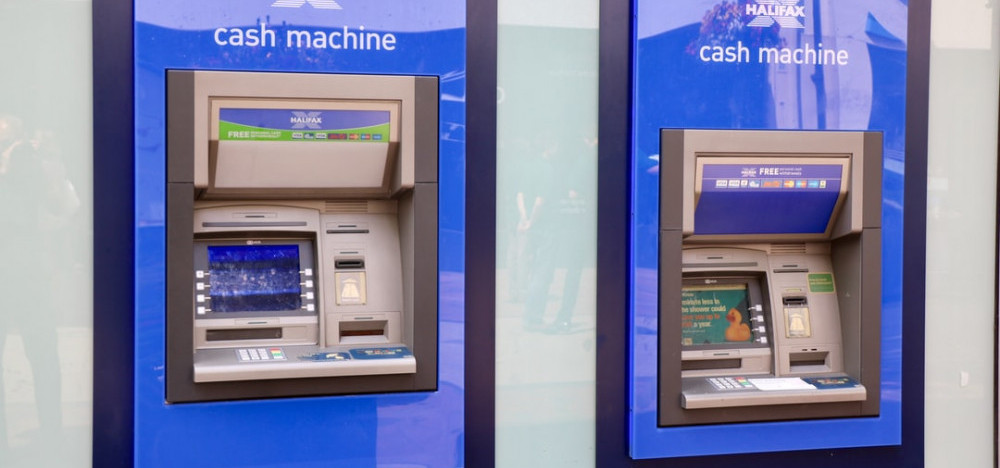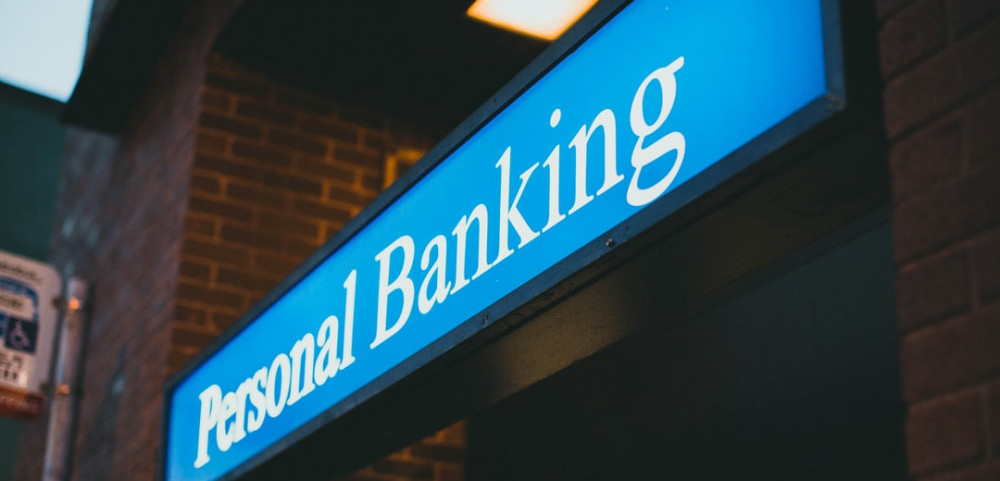What Is A Certificate Of Deposit?

A certificate of deposit (CD) is a product offered by banks and credit unions that provides an interest rate premium in exchange for the customer agreeing to leave a lump-sum deposit untouched for a predetermined period of time. Almost all consumer financial institutions offer them, although it’s up to each bank which CD terms it wants to offer, how much higher the rate will be compared to the bank’s savings and money market products, and what penalties it applies for early withdrawal.
Shopping around is crucial to finding the best CD rates because different financial institutions offer a surprisingly wide range. Your brick-and-mortar bank might pay a pittance on even long-term CDs, for example, while an online bank or local credit union might pay three to five times the national average. Meanwhile, some of the best rates come from special promotions, occasionally with unusual durations such as 13 or 21 months, rather than the more common terms based on three, six, or 18 months or full-year increments.
How to choose a Certificate of Deposit
Certificates of Deposit (CDs) are a great tool for all consumers who want to earn some extra money on money that’s sitting around their bank accounts. That being said, there are a few considerations to keep in mind when choosing a CD. The lowest risk CDs are the shortest-term CDs, which typically offer only a few months of interest. The medium-term CDs offer anywhere from six months to three years, the longest-term CDs offer anywhere from five years to a few decades, and the highest-yield CDs are the longest-duration, providing the highest interest rate. How to open a CD Most CD products require a minimum deposit of either $1,000 or $2,000, with the remainder to be paid in the form of monthly interest checks.
How Certificates of Deposit Work
Certificates of Deposit usually offer interest rates as high as 3.5% but have a fixed rate until you decide to withdraw your cash. This term “until you decide to withdraw” generally applies to 2½ months or less, but many financial institutions extend that period to 3 or 4 months. Once you decide to take your money out, though, the rates quickly fall to near-zero and may require a deposit of $50,000 or more to earn a rate of even 1%. Although CDs are normally a lot safer than savings accounts, they’re still very risky investments. That’s why they’re typically treated with a degree of caution by the prospective depositor.
Certificate of Deposit Interest rate
The CD interest rate will be set by the bank when you open an account and will remain the same or increase from that point on. The difference between what a CD paid and the best available rate on a savings account today is called the CD premium. The CD premium is the difference between the CD’s fixed rate and what the best available savings or money market product has to offer. The CD premium can be paid as a bonus when you open an account, or the rate may increase when you renew the CD at the end of the term. When your CD gets paid as a bonus, you are getting the difference between the CD’s stated interest rate and the CD premium.
This post contains affiliate links. Please please read my Disclaimer for more information
Certificate of Deposit Term
The minimum term for CDs is set at several years and can vary a great deal based on the type of product and the bank or credit union issuing it. It’s standard for certificates of deposit to have terms of one to five years. However, CD terms of one to two years, or shorter, are also common and are often offered at higher rates. Certificate of Deposits (CD) is considered to be fairly safe with a few obvious exceptions. Many borrowers don’t pay attention to the term of their CD or in fact, may be required to make a minimum monthly interest payment in the form of minimum monthly required fees.
Certificate of Deposit Principal
These are the initial deposits you make to get the CD, but they will be converted to interest payments during the duration of the certificate, which is typically set at between 2 and 5 years. The interest rate on a certificate of deposit is determined by the bank. For example, a 3-year CD will pay interest between 0.20% and 0.80%, with 1-year CDs paying between 0.30% and 0.80%, 2-year CDs paying between 0.60% and 1.40%, 3-year CDs paying between 1.50% and 2.00%, and 5-year CDs paying between 2.00% and 2.80%. You can see an even wider range of CD interest rates for even more specialized products such as certificates of deposit tied to specific maturities or “guaranteed” money market accounts.
Why do banks offer Certificates of Deposit?
Typically, a certificate of deposit has a higher interest rate than a savings account. For example, if a savings account has a 1.01 percent interest rate, a certificate of deposit would likely have a higher rate and could provide an additional 2 percent to 4 percent of interest rate over time. CDs also have certain advantages over savings accounts, such as the ability to take out a portion of your deposit at any time and without having to pay a penalty. CD withdrawals are typically not subject to a penalty, but the interest rate of the product could be significantly lower if you withdraw the money before the term is completed. Certificates of deposit can be long-term, meaning your money will remain invested in a bank’s CD, and there are also short-term certificates of deposit.
Advantages of Certificate of Deposit
A CD offers three distinct advantages to the holder of the certificate: Secured The account is secured with your cash and so the interest on your CD will not be taxed. (If you leave the money in your CD for less than one year, then it’s considered a checking account.) You will not be liable for any fraud or loss on your cash deposit, and this protection is covered under the FDIC’s deposit insurance. The yield on a CD also is guaranteed by the government. The account is secured with your cash and so the interest on your CD will not be taxed. (If you leave the money in your CD for less than one year, then it’s considered a checking account.) You will not be liable for any fraud or loss on your cash deposit, and this protection is covered under the FDIC’s deposit insurance. You will get a real interest rate on your money. You can withdraw money before the end of the term, usually several years. As a general rule, certificates of deposit tend to pay higher interest rates than a savings account or money market fund.
Disadvantages of Certificate of Deposit
Dealing with a financial institution There’s no point dealing with an institution that doesn’t have convenient branch hours. This will require you to take time off work to visit the bank. On the flip side, there’s no point dealing with an institution that offers interest rates that are either too high or too low or that doesn’t allow for easy, on-demand withdrawal. Also, interest rates for CDs vary depending on where they are issued, so CDs can’t be set up to work with online accounts. Interest rates for CDs vary depending on where they are issued, so CDs can’t be set up to work with online accounts. Also, interest rates for CDs vary depending on where they are issued, so CDs can’t be set up to work with online accounts.

Conclusion
Banks often offer higher rates on CDs, but unlike with a savings account, they do so in exchange for some restrictions on the rate you can withdraw on demand. Keep in mind that these higher interest rates on CDs are often found in specialized accounts offered by banks. For example, some banks will offer CDs with shorter durations and/or higher rates than their traditional savings account offerings. So, regardless of the product, you’re looking for, start by focusing on checking and savings accounts, not CDs. And if you find a specific bank that offers a CD offer that you like, contact the bank to get a better understanding of the terms and conditions.
“If you have any feedback about what is a certificate of deposit that you have tried out or any questions about the ones that I have recommended, please leave your comments below!”
NB: The purpose of this website is to provide a general understanding of personal finance, basic financial concepts, and information. It’s not intended to advise on tax, insurance, investment, or any product and service. Since each of us has our own unique situation, you should have all the appropriate information to understand and make the right decision to fit with your needs and your financial goals. I hope that you will succeed in building your financial future.
Leave a Reply